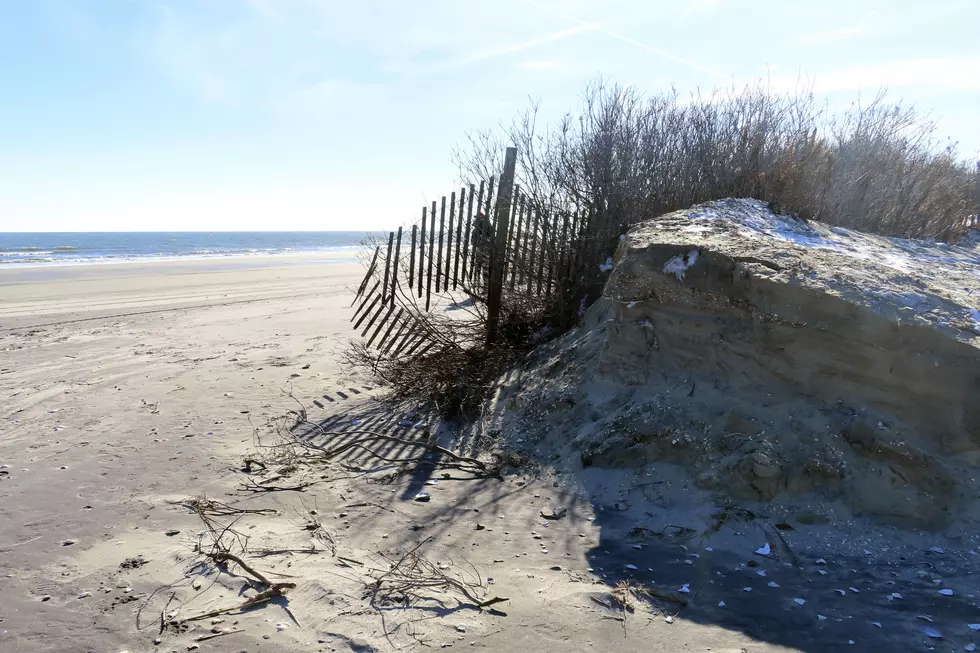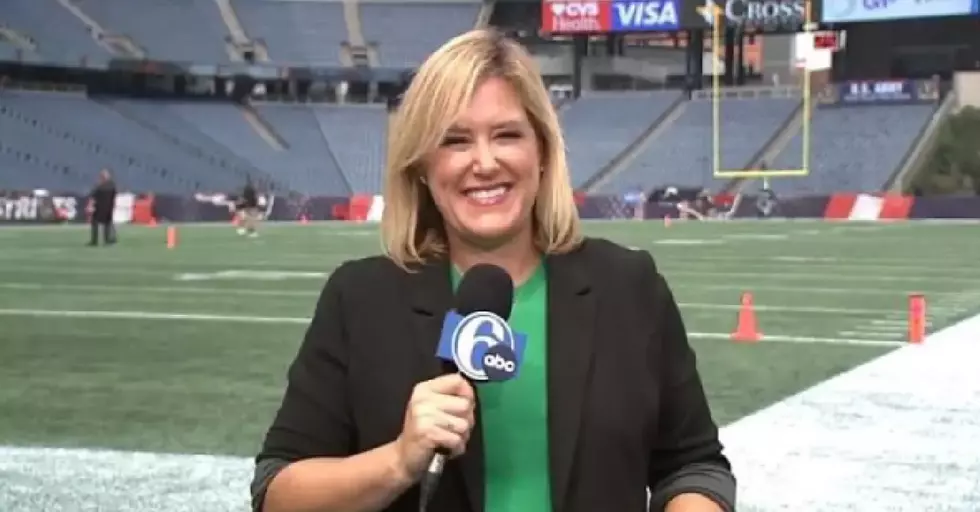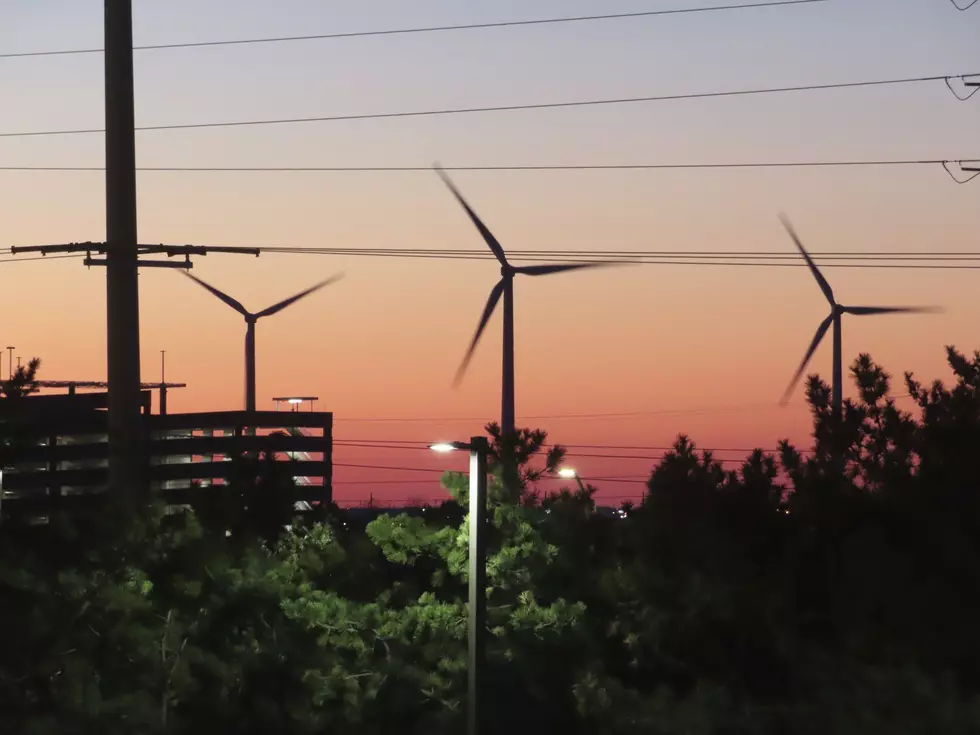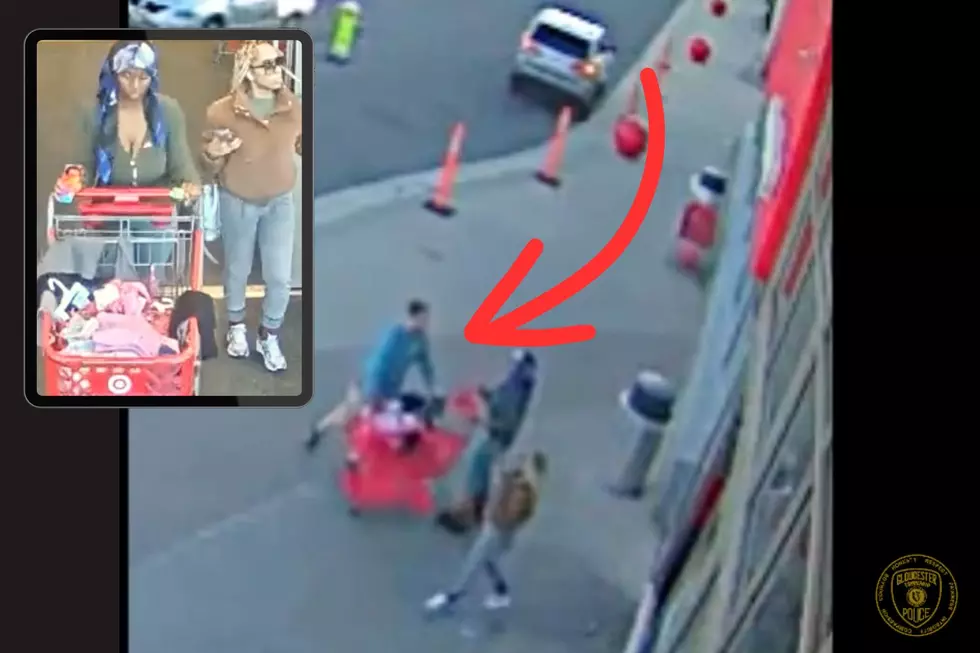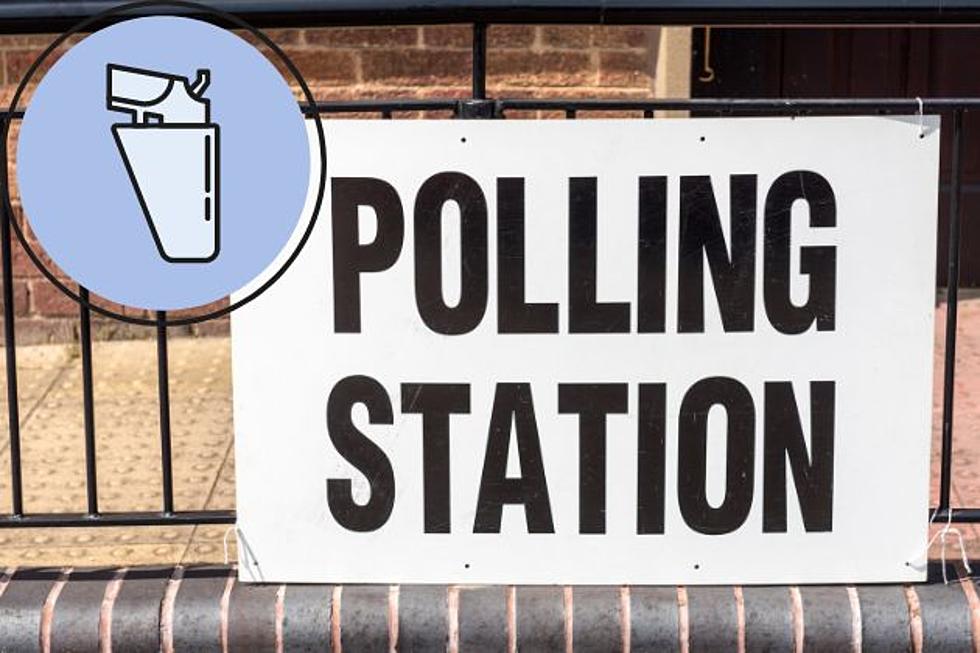
NJ may roll back new law that keeps cops away from polling places
Because of a law signed by Gov. Phil Murphy a little more than two years ago, police officers are prohibited from being anywhere near most polling places in New Jersey.
But there's a push to already roll that rule back a bit, despite opposition from groups who fear the proposed about-face could impact voter turnout.
Cops at school polling places
Under a measure approved on Monday by a Senate panel, schools that act as polling places can have a police presence, as long as they request one.
State Sen. M. Teresa Ruiz, D-Essex, a sponsor of the proposed law, said she worked at a school polling place for decades and always feared things going south in an instant, if the wrong person were to walk through the doors.
Not all schools have the ability to keep kids out of class on days that feature an election, Ruiz said.
Ruiz said her measure will ensure "that there is someone that can respond" right away in the event of an emergency.
RELATED: NJ may let you vote anywhere in your town
The bill received unanimous approval from the Senate State Government, Wagering, Tourism & Historic Preservation Committee.
According to the legislation, police are already permitted at senior residential centers that act as polling places — an exception to the 2022 law that requires uniformed and plain-clothes cops to keep at least 100 feet away from polling places and ballot drop boxes.
Ruiz's measure clarifies that a police presence would be permitted at schools and senior residential centers in the event of a request. And at both venues, the officers must be plain-clothed.
Concerns about voter intimidation
But even in plain clothes, officers can still suppress votes, according to critics of the proposed law.
"We cannot ignore the reality that the presence of police officers can have a chilling effect on voter turnout," said Luis Angel Torres Rodriguez, on behalf of Returning Citizens Support Group.
A police presence at polling places, he said, can instill fear and apprehension among certain segments of the population, such as marginalized communities.
Opponents say the proposed move is putting a dent in one of the main reasons for the 2022 law: to avoid voter intimidation and suppression.
"This bill also impacts people on probation and parole that can now vote," said Yannick Wood, with the New Jersey Institute for Social Justice. "Many of them are Black, brown, and other people of color and may not feel comfortable casting their vote in front of a police officer."
Ruiz's bill also requires all schools that serve as polling places to develop security plans to prevent voters from having access to students.
"The security plan would include a designated area in which voting must take place that must be locked and separate from the rest of the school if school is in session during the time an election is being held, provided the school has the ability to fulfill the mandate," the bill reads.
Top 20 largest cities in New Jersey
Gallery Credit: New Jersey 101.5
These NJ town are getting poorer
Gallery Credit: Erin Vogt
More From WPG Talk Radio 95.5 FM
